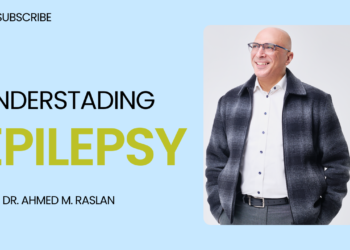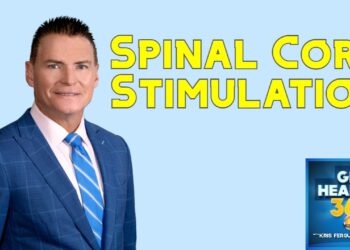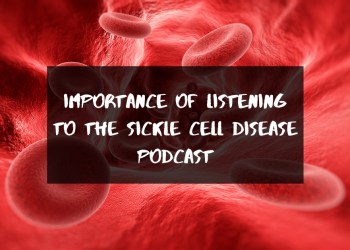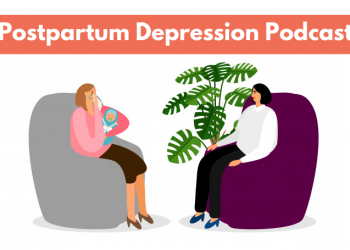Pain reduced in fibromyalgia with pregabalin (Lyrica).

The same drug will often have two names, a brand name and a generic name. Officially there is not supposed to be a difference between brand and generic name drugs but some patients will report a difference. Lyrica is the brand name for pregabalin. Pregabalin is FDA approved for the treatment of fibromyalgia, diabetic peripheral neuropathy, post herpetic neuropathy and neuropathic pain due to spinal cord injury. This study analyzed 23 studies and showed pregabalin is better than placebo. Caution in taking pregabalin as it can cause dizziness, weight gain, dry mouth and blurry vision. If you experience any side effects, you should tell you doctor.
Glossary:
Neuropathy: result of damage to your peripheral nerves, often causes weakness, numbness and pain.
Placebo: A placebo is a simulated or otherwise medically ineffectual treatment for a disease or other medical condition intended to deceive the recipient. Sometimes study patients given a placebo treatment will have a perceived or actual improvement in a medical condition, a phenomenon commonly called the placebo effect or placebo response. A placebo is used to test the effectiveness of a treatment.
The Research
Improvement in Pain Severity Category In Clinical trials of Pregabalin
J Pain Res. 2016 Oct 7;9:779-785. eCollection 2016.
Parsons B1, Argoff CE2, Clair A1, Emir B1.
- 1Pfizer, New York, NY, USA.
- 2Albany Medical Center, Albany, NY, USA.
Abstract
Background:
Pregabalin is approved by the US Food and Drug Administration for the treatment of fibromyalgia (FM), diabetic peripheral neuropathy (DPN), postherpetic neuralgia (PHN), and neuropathic pain due to spinal cord injury (SCI). Approval was based on clinical trial data demonstrating statistically significant differences in pain scores versus placebo. However, statistically significant pain relief may not always equate to clinically meaningful pain relief. To further characterize the clinical benefit of pregabalin, this analysis examined shifts in pain severity categories in patients with FM, DPN/PHN (pooled in this analysis), and SCI treated with pregabalin.
Methods:
Data were pooled from 23 placebo-controlled trials in patients with FM (1,623 treated with pregabalin, 937 placebo), DPN/PHN (2,867 pregabalin, 1,532 placebo), or SCI (181 pregabalin, 175 placebo). Pain scores were assessed on an 11-point numeric rating scale and categorized as mild (0 to <4), moderate (4 to <7), or severe (7 to 10). Only patients with mean score ≥4 at baseline were randomized to treatment. The percentage of patients shifting pain category from baseline to endpoint for pregabalin and placebo was analyzed using a modified ridit transformation with the Cochran-Mantel-Haenszel procedure.
Results:
A higher proportion of patients shifted to a less severe pain category at endpoint with pregabalin compared with placebo. With flexible-dose pregabalin, the percentage of patients improving from: severe to mild (pregabalin versus placebo) was 15.8 versus 13.4 in FM patients, 36.0 versus 16.6 in DPN/PHN patients, 14.3 versus 7.7 in SCI patients; severe to moderate was 28.7 versus 28.2 in FM patients, 32.5 versus 28.2 in DPN/PHN patients, 35.7 versus 28.2 in SCI patients; and moderate to mild was 38.3 versus 26.4 in FM patients, 59.5 versus 41.4 in DPN/PHN patients, 38.6 versus 27.2 in SCI patients.
Conclusion:
Compared with placebo, pregabalin is more often associated with clinically meaningful improvements in pain category in patients with FM, DPN, PHN, or SCI.











